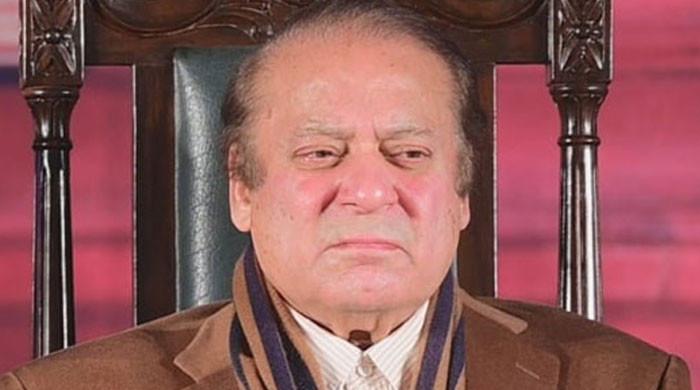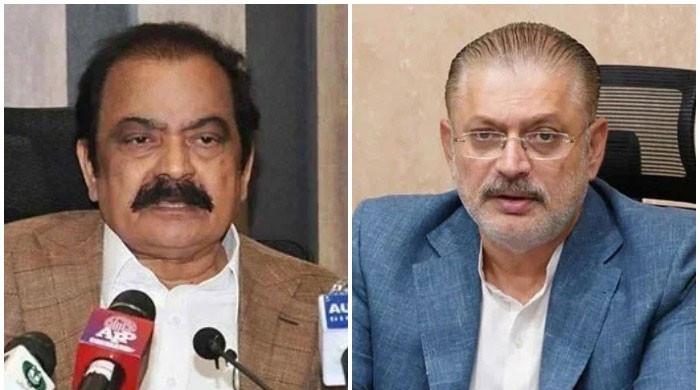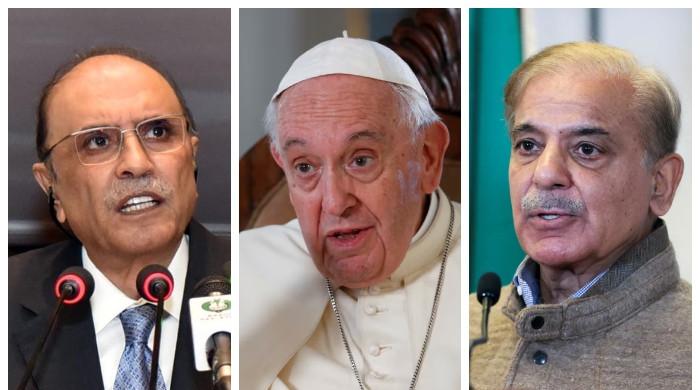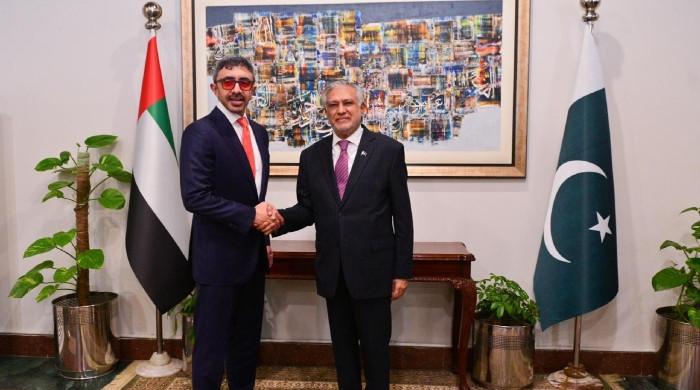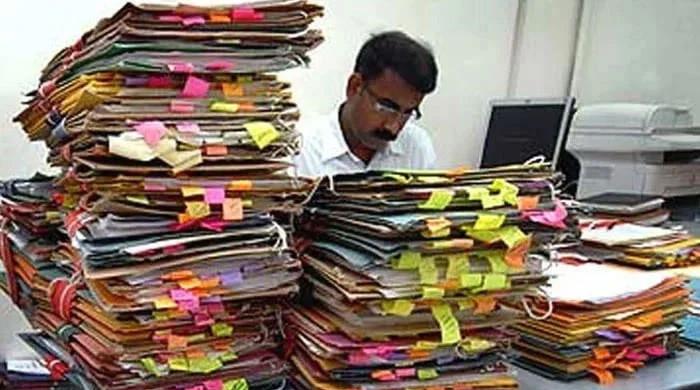PPP not alone in eyeing independents' help to gatecrash PM House
Political observers are looking at independent candidates as emerging in a stronger position than even political parties
January 25, 2024
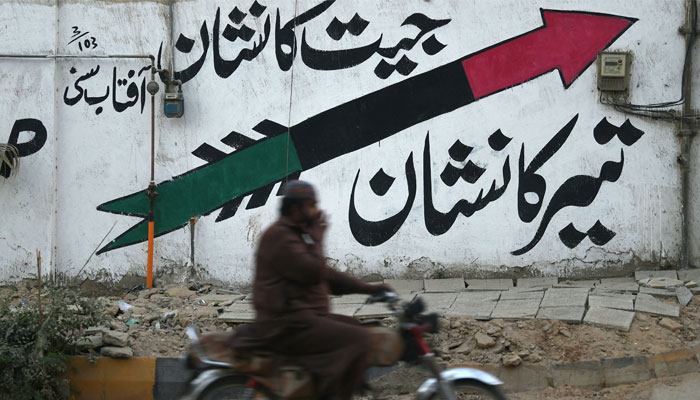
KARACHI: Independent candidates may just be the surprise weapon up for grabs by all sides in the coming elections. While PPP Chairman Bilawal Bhutto-Zardari has said he would prefer to form a government with independent candidates, the PPP may not be alone in this estimation. Political observers too are looking at independent candidates as emerging in a stronger position than even political parties.
Including the PTI candidates, and other independents, by some estimations, the total number of independent candidates in the 2024 elections is said to be somewhere around 3,200. For most, independent candidates in the coming elections largely means PTI-affiliated candidates — along with a usual pool of independent candidates. Ever since the PTI lost its ‘bat’ symbol — and its standing as a unified political party — its candidates are set to contest as independent candidates in the upcoming elections.
With 234 PTI-affiliated candidates set to appear in the elections, even if 20-30 of them get elected, that would make a strong enough bloc of members of parliament. What that also means is that these previous PTI members will not be subject to the ‘defection clause’ of Article 63A of the constitution which has been interpreted by the Supreme Court of Pakistan — in a 3-2 decision in May 2022 — as ensuring that the votes of dissident members of parliament, against their parliamentary party’s directives, will not be counted.
Now with Article 63A out of the way for the PTI-affiliated independent candidates, the thinking is that they can be persuaded, enticed, or otherwise to vote for or join any other party if they win and join parliament.
How would this work once an independent member enters parliament? Journalist Amir Wasim, who has written extensively on this subject, explains that independents get three days to “join a political party” after they have been voted in. This is per law.
According to Rule 92(6) of the Election Rules, 2017, “the expression ‘total number of general seats won by political party’ shall include the independent returned candidate or candidates who may duly join such political party within three days of the publication in the official Gazette of the names of the returned candidates...”
But independents can also stay ‘independent’. If within three days they don’t join a party, they remain independent members. Analyst Aasiya Riaz tells The News that “independents don’t have to join a party and can stay and be known as independents. However, they can vote as they like, which is where the catch is. Independents from the PTI will be more flexible to persuasion and pressure without a parent party and can choose to vote differently on any issue or legislation.”
Wasim is of a similar opinion, adding that this is where lies the rub: “Those independents that don’t join a party will have five years of being able to negotiate and blackmail in return for their support.”
Earlier, when the PTI had lost its bat symbol, PILDAT President Ahmed Bilal Mehboob had said the same in a comment to The News, adding that PTI “affiliates elected to an assembly as independent candidates may decide to form a parliamentary group in an assembly but no party discipline will apply to them. They may vote for Nawaz Sharif or any other candidate for PM.”
It may be noted that, other than the PM and CM elections, all other elections in the legislature are through secret ballot. In this way, an independent member of parliament could easily vote for Mr/Ms X as prime minister from Party A but Mr/Ms Y from Party B as speaker of the National Assembly (which is through secret ballot).
This is a fear that has been articulated also by PTI leaders such as Gohar Khan who have said on record that there is a “50-50” chance of PTI-affiliated candidates contesting on the PTI’s name but then ‘defecting’ to another party post-election. There is thus a fear that the PTI will be able to do little to stop their affiliates from making alliances once elected. Without the floor-crossing discipline hanging on their heads, independents legally will have no restrictions.
In the parliament that just ended — headed by the PDM government — we did see a glimpse of how much trouble ‘dissident’ party members could pose even from within a party. Amir Wasim recalls how the PTI’s dissidents managed to vote against the party and the party could do little to them: “And at that time Imran Khan wasn’t even behind bars. So now with the independents who enter parliament after winning elections, what will the PTI be able to do about them? Even if they make a PTI group in parliament, officially they will be called independents.”
There is another option for independents: they sit out the PM or speaker voting process. It is within their right to do that but Wasim feels that come voting time “you will see most of the independent winners voting.” He says the government has plenty of inducements on offer for such members — from parliamentary committees to parliamentary secretary positions.
Journalist and election expert Suhail Warraich tells The News that for “our strategists right now the key word is confusion [in strategy and approach to the electoral process]. With this confusion, they want the PTI to lose and want that those who win from the PTI should easily be able to leave the party. This is how it looks right now.”
Warraich, like others in the media as well as in political analyst circles, also seems to see the independent candidates as holding more power than previously thought. He says that yes the winning independents from the PTI can form “a PTI loyalist group and stay within parliament like that. Especially those from urban areas who will not want to leave the PTI.”
In a column in Jang, Warraich had also mentioned that it seems that political parties “have been left behind” in the 2024 election — which looks more like a “festival of independents”. He warned that this new strategy by the state will lead to a lack of ideological culture among independent politicians as well as a lack of party discipline. According to Warraich, the thinking seems to be that it will be easier to “handle” independent members.
Originally published in The News





